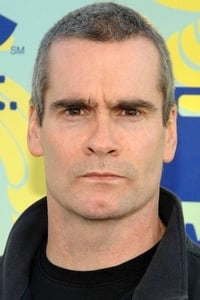Under the Radar: Burma
A documentary about military dictatorship in Myanmar
Genres
Documentary
OverView
While traveling undercover throughout Burma, Henry Rollins exposes the country's repressive military dictatorship.
Others
Budget
$--
Revenue
$--
Status
Released
Original Language
English
Runtime
0 mins
Rating
0/10
Release Date
01 January 2010
Country
Myanmar

